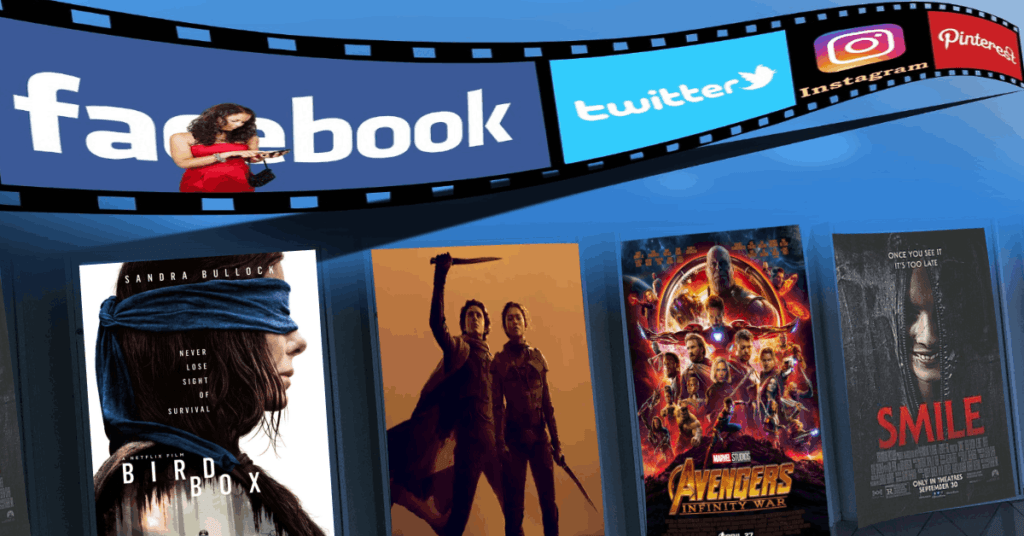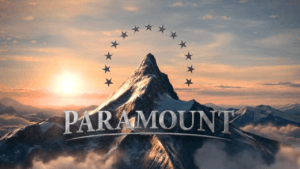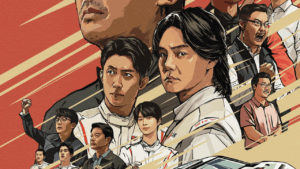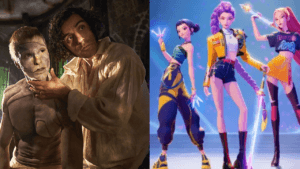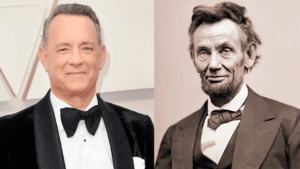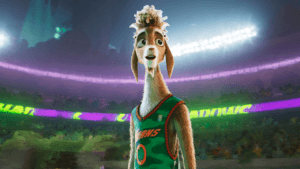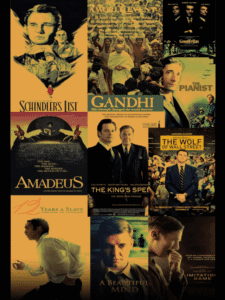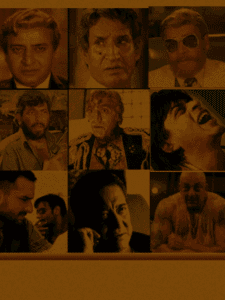Social media in movie marketing has entered a new era of direct interaction and real-time engagement, with billions of people connected via platforms like Instagram, Twitter, TikTok, and YouTube, Social media has not only altered how films are promoted but also how they are experienced by audiences before, during, and long after release. From viral trends to interactive fan campaigns, social media has reshaped the entire landscape of marketing.The traditional methods of marketing—TV ads, newspaper listings, and posters on billboards—have been significantly overshadowed by this digital revolution.

In the past, movie promotions were largely dictated by the studio’s marketing team, with little room for audience interaction. However, social media in movie marketing has changed the game by introducing the potential for virality. A film doesn’t need a traditional marketing budget to succeed—it just needs a memorable moment that resonates on the internet. Films like Bird Box (2018) became cultural phenomena thanks to the #BirdBoxChallenge, where fans created videos of themselves completing everyday tasks while blindfolded, mimicking the film’s premise. This viral trend spread like wildfire, contributing to the film’s success on Netflix. Social media allows for a type of grassroots promotion that can be more impactful than traditional advertising, as audiences themselves are actively involved in spreading the word. The more shareable the content, the greater the chances of building buzz before a film’s release.
Influencers in Movie Marketing: A Game Changer
 In today’s media landscape, audiences increasingly seek personal connections with the content they consume. A standout example is the Deadpool franchise, which broke traditional promotional boundaries with its self-aware, irreverent social media presence. Ryan Reynolds, playing the titular character, led a bold campaign across platforms like Twitter, Instagram, and Facebook, where he engaged in a faux rivalry with Hugh Jackman, sparking ongoing fan discussions.
In today’s media landscape, audiences increasingly seek personal connections with the content they consume. A standout example is the Deadpool franchise, which broke traditional promotional boundaries with its self-aware, irreverent social media presence. Ryan Reynolds, playing the titular character, led a bold campaign across platforms like Twitter, Instagram, and Facebook, where he engaged in a faux rivalry with Hugh Jackman, sparking ongoing fan discussions.
More In-depth Articles:
The Role of Women in Filmmaking
5 Hindi Movies of 2024 That Prove Small Budgets Can Create Big Impact
The rise of influencers has had a profound effect. Social media stars have become more than just celebrities—they are trusted voices in their respective communities, and their endorsements carry significant weight. This shift is evident in Hollywood’s increased use of influencers in promotional campaigns, where traditional marketing strategies are often supplemented by content creators. Movies like Dune capitalized on the star power of Zendaya and Timothée Chalamet, who have millions of followers on social media platforms. Their presence alone boosted the film’s visibility, as they shared behind-the-scenes glimpses and interacted with fans on Instagram, creating excitement before the movie even hit theaters. In addition to this, major studios now partner with TikTok influencers to create viral trends that are tied to a film’s release. Horror movies like Smile (2022) used influencers to generate buzz by posting spooky content and encouraging followers to engage with unsettling moments. These collaborations help studios tap into niche fanbases while giving movies a personal touch that resonates with younger audiences.
One of the most powerful aspects of user-generated content is the rise of fan-created content. Fans no longer simply consume content; they become creators themselves, producing their own memes, fan art, and theories around a film. This organic form of marketing creates a sense of community and excitement, building anticipation for the movie’s release in ways that were previously impossible. Take Marvel’s Avengers franchise, for example. Fans routinely post theories, create fan art, and participate in endless discussions on platforms like Reddit and Twitter. Before Avengers: Infinity War and Endgame even hit theaters, the internet was already abuzz with fan theories, leaks, and speculations about the fate of beloved characters. This engagement not only drove excitement but also increased brand loyalty, as fans felt a sense of ownership in the experience.
 Unlike traditional marketing, social media allows studios to receive immediate feedback from audiences. This gives filmmakers and marketing teams the ability to react and adjust campaigns on the fly. For example, when Sonic the Hedgehog’s character in Sonic the Hedgehog (2020) design was met with backlash from fans, the studio took immediate action and redesigned the character to better align with fan expectations. The quick turnaround demonstrated the power of social media in shaping a film’s reception and its potential to influence creative decisions.
Unlike traditional marketing, social media allows studios to receive immediate feedback from audiences. This gives filmmakers and marketing teams the ability to react and adjust campaigns on the fly. For example, when Sonic the Hedgehog’s character in Sonic the Hedgehog (2020) design was met with backlash from fans, the studio took immediate action and redesigned the character to better align with fan expectations. The quick turnaround demonstrated the power of social media in shaping a film’s reception and its potential to influence creative decisions.
One of the most significant advantages of social media is its ability to break down geographic barriers. Films can now be marketed globally in a matter of minutes, reaching audiences in every corner of the world. By using region-specific influencers, localized hashtags, and translated content, movies can target international audiences in ways that were previously unimaginable. For instance, Parasite’s (2019) success wasn’t confined to South Korea alone; it benefited from international word-of-mouth and online discussions, with viewers worldwide using social media platforms to spread their love for the film.
Despite its many advantages, movie marketing via social media comes with its risks. While positive buzz can help a film become a success, negative reviews or controversies can spread just as quickly. The 2022 Morbius movie, for instance, became a meme sensation for all the wrong reasons, with fans mocking its poor quality and contributing to its commercial failure. Another risk is the over-commercialization of a film’s social media presence. Fans may grow weary if a movie’s online presence feels too forced or manipulative, and the line between personal posts and promotional content can sometimes blur too much. If studios over-rely on influencer marketing or go too far with fan engagement, it can feel disingenuous.
Social media has become an indispensable tool for movie marketing, transforming how films are promoted and consumed. From viral campaigns to influencer partnerships, platforms like Instagram, TikTok, and Twitter have revolutionized how studios engage with audiences. The rise of user-generated content and real-time feedback has created a more dynamic, interactive approach to marketing, making fans an integral part of the process. However, as studios continue to navigate the fast-paced world of social media, the key to success lies in striking a balance between authentic engagement and overexposure. Ultimately, social media has not only redefined movie marketing; it has also changed the way movies are made and experienced in the modern world.


